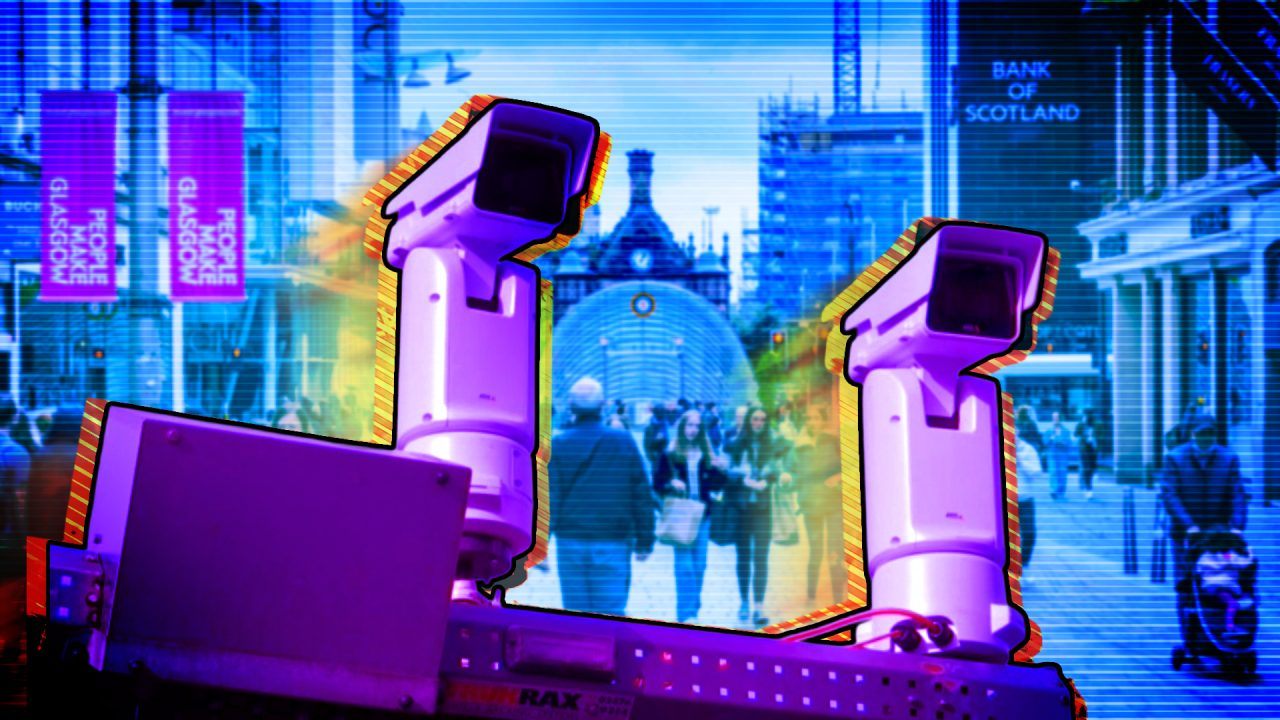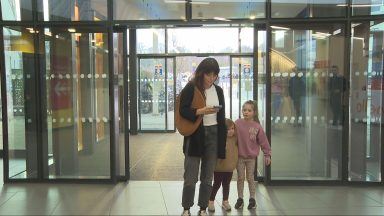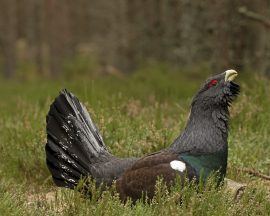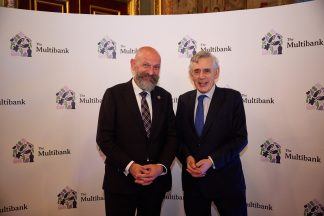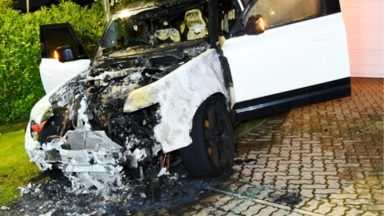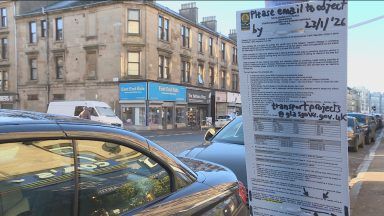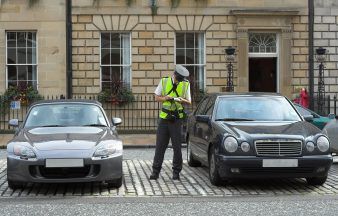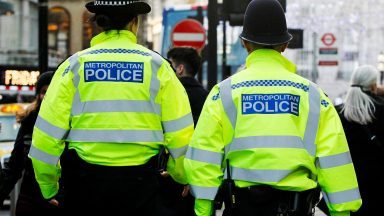Key Points
-
 Many shops and businesses across Scotland are now using new CCTV technology to try to catch and deter thieves in real time
Many shops and businesses across Scotland are now using new CCTV technology to try to catch and deter thieves in real time -
 It comes as new statistics show a 16% rise in shoplifting across Scotland
It comes as new statistics show a 16% rise in shoplifting across Scotland -
 Police Scotland is also considering using a system that uses facial recognition to spot criminals
Police Scotland is also considering using a system that uses facial recognition to spot criminals -
 But campaigners believe it could worsen racial profiling and raises huge ‘big brother’ privacy concerns
But campaigners believe it could worsen racial profiling and raises huge ‘big brother’ privacy concerns -
 Civil liberties groups say facial recognition poses a threat to civil liberties and risks creating a surveillance state
Civil liberties groups say facial recognition poses a threat to civil liberties and risks creating a surveillance state
Facial recognition technology has been described as one of the biggest breakthroughs in fighting crime since fingerprints – and it could soon be used by Police Scotland.
The technology is already being used by London’s Metropolitan Police and officers here are now considering whether to follow in their footsteps by implementing a similar system.
But campaigners believe it raises “big brother” privacy concerns and could worsen racial profiling.
A form of live facial recognition is already being used in Scotland to detect criminals, but you need to go shopping to see it in action.
Facewatch has saved my store more than £8,000 in losses
Nathalie Fullarton, who has run her store in Partick for more than six years, says crime became so frequent – and the police response so limited – that she turned to Facewatch, a controversial facial recognition system now used by hundreds of retailers across the UK.
As a result, she says there has been a significant drop in shoplifting and abusive behaviour in her shop.
“It had got to the stage where they were just helping themselves and walking out the door,” she told STV News.
“Chocolate bars, sweets, low-value stuff the police didn’t have the resources to deal with.”
Now, a CCTV camera at her entrance automatically scans the faces of customers, flagging up known offenders via a mobile alert.
She logs incidents through an app, which are then reviewed and verified within minutes by Facewatch’s back office team of former police and security personnel.
Fullarton describes the system as both reactive and preventative.
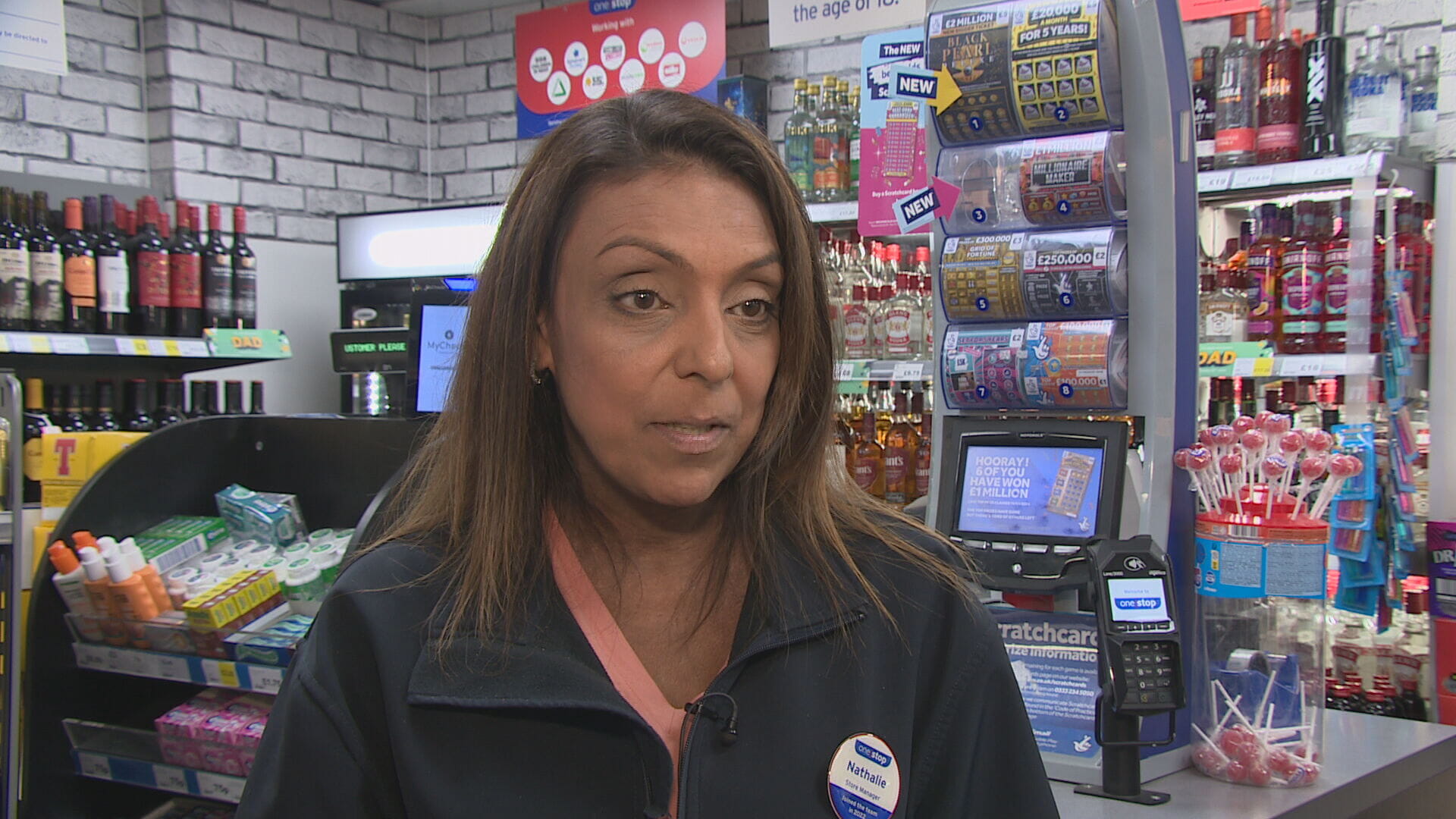 STV News
STV News“When the alert goes off, we approach them and give what we call ‘extra customer service’ – kill them with kindness,” she said. “They realise we know, and they just leave.”
She says Facewatch has saved her store more than £8,000 in losses in a single year, even with a monthly subscription cost of around £300.
“It’s not a victimless crime,” she added. “Every theft hurts. We’re not big corporations, we can’t absorb these losses.
“There is also this romance of shoplifting on social media. You see videos of people walking into big supermarkets and staff being told ‘don’t challenge them’.
“Security guards are standing by and watching people walk out the door with loads and loads of items. People see this and think they can do the same thing in small convenience stores.”
‘An AI friend’: Retailers hail technology’s impact
Fraser Sampson, the former biometrics commissioner for England and Wales and a non-executive director at Facewatch, said the technology is proving a game-changer for shopkeepers by cutting crime and protecting staff.
“Some retailers are reporting up to 70% reductions in theft and abuse,” he said.
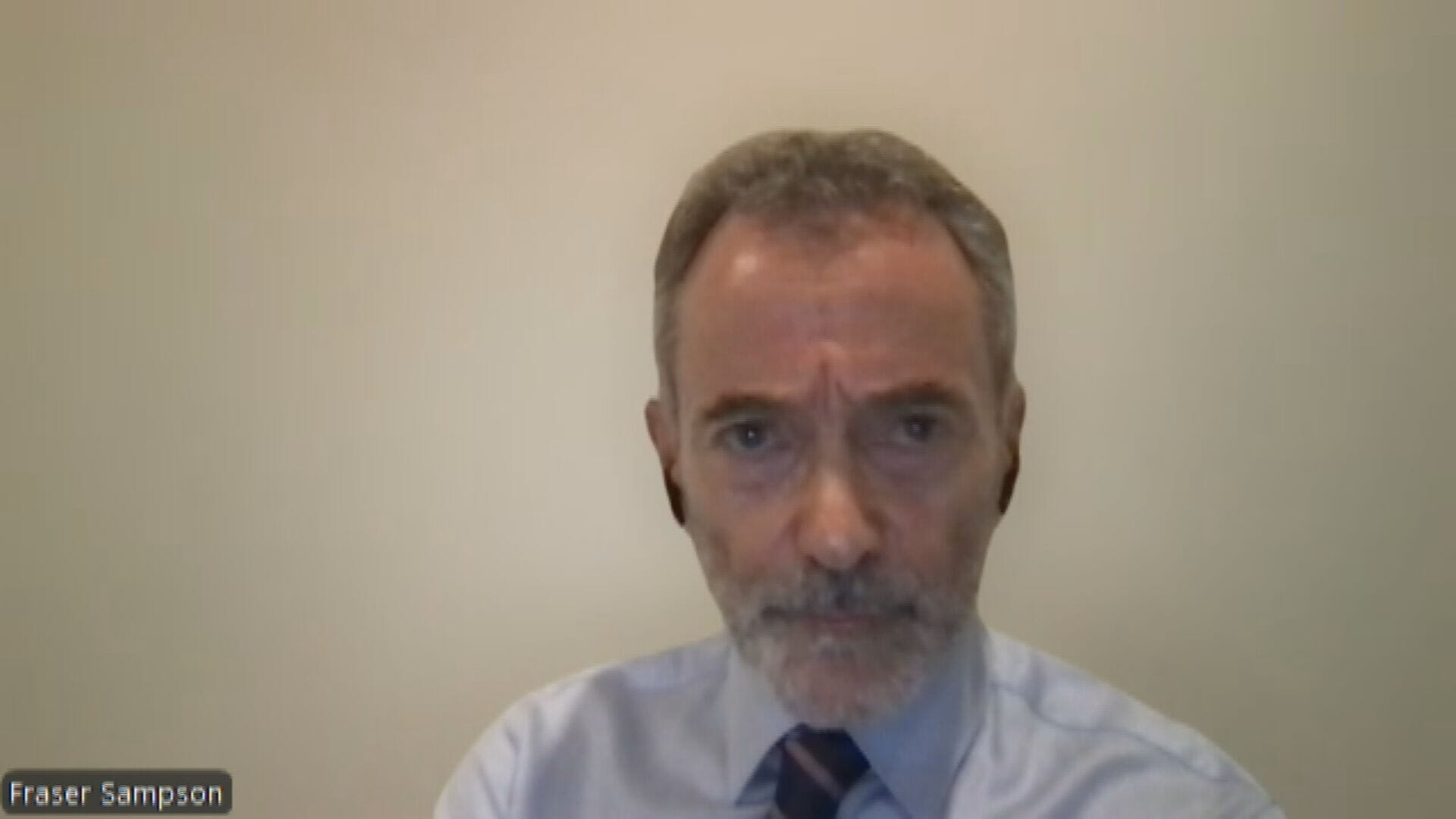 STV News
STV NewsWith violent and antisocial incidents against shop workers reportedly reaching 2,000 per day across the UK, Sampson argues that properly governed facial recognition offers a cost-effective, reliable and ethical tool for tackling crime.
He said: “We’ve moved beyond the debate about whether it should be used. The question now is how we ensure its use is accountable, transparent and proportionate.”
Sampson insists modern systems don’t retain images unless there’s a match with an offender database and compares the technology to police dogs trained to detect specific smells.
‘This is mass surveillance’: Civil liberties groups sound alarm
On the other side of the debate, privacy campaigners are warning that facial recognition software poses a threat to civil liberties and risks creating a surveillance state.
They remain fiercely opposed to the rollout of facial recognition, particularly its potential expansion into policing and public spaces.
Madeleine Stone from privacy watchdog Big Brother Watch describes the technology as “intrusive, inaccurate and dystopian”.
“It treats everyone like a potential suspect,” she said.
“I’ve personally seen children wrongly flagged as criminals. It reverses the presumption of innocence.”
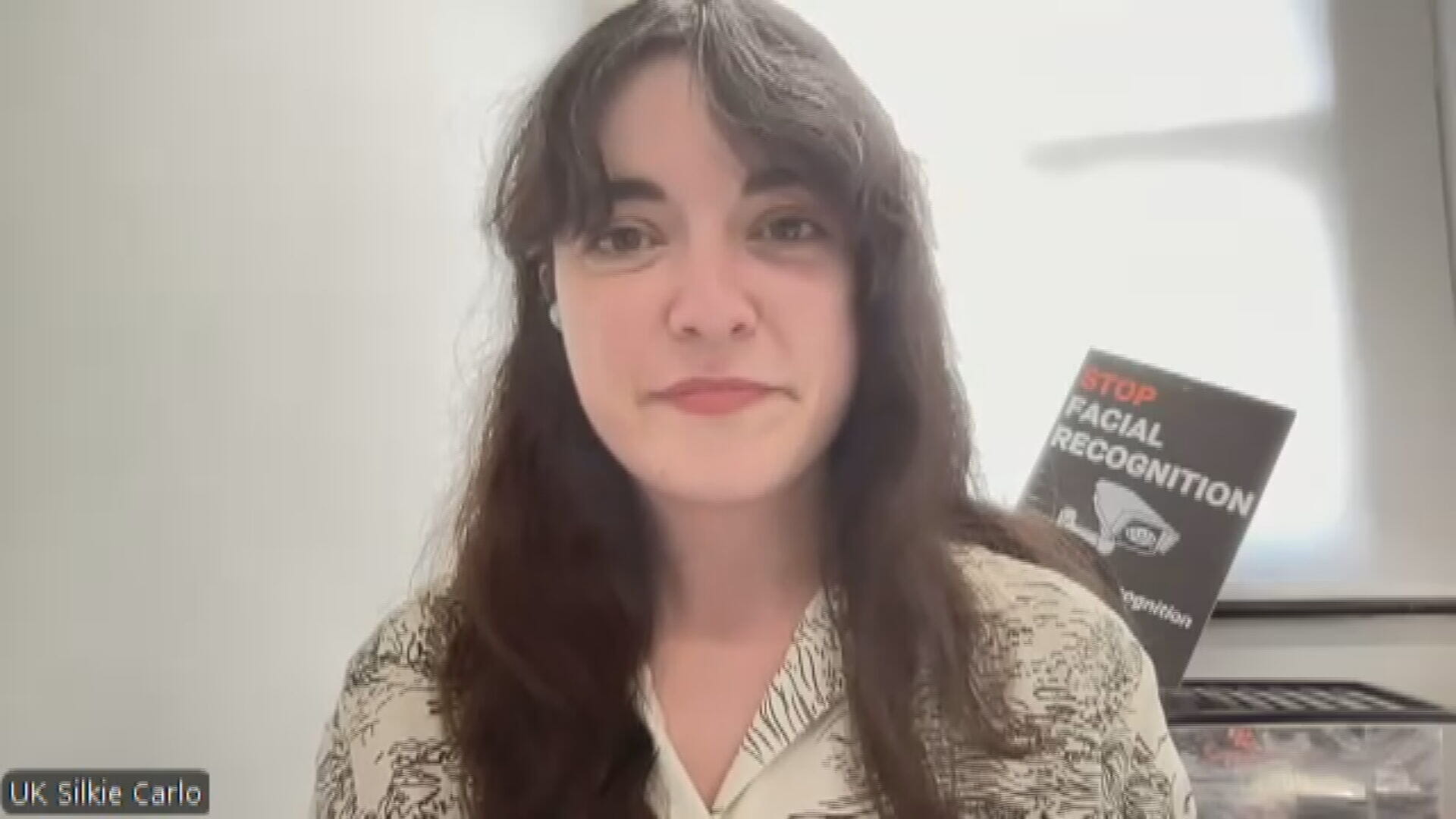 STV News
STV NewsMadeleine claims the software is more likely to misidentify women and ethnic minorities due to bias in its training data, raising fears about discriminatory over-policing.
“Scotland risks sleepwalking into a surveillance state,” she warned. “This kind of biometric scanning belongs in an episode of Black Mirror, not on our high streets.”
Her concerns are echoed by Amnesty International’s Neil Cowan, who said the deployment of such technology risks placing people “in a perpetual police line-up”.
“I think there is always a balance to be struck in terms of rights and policing, but we believe this technology goes way beyond that,” he told STV News.
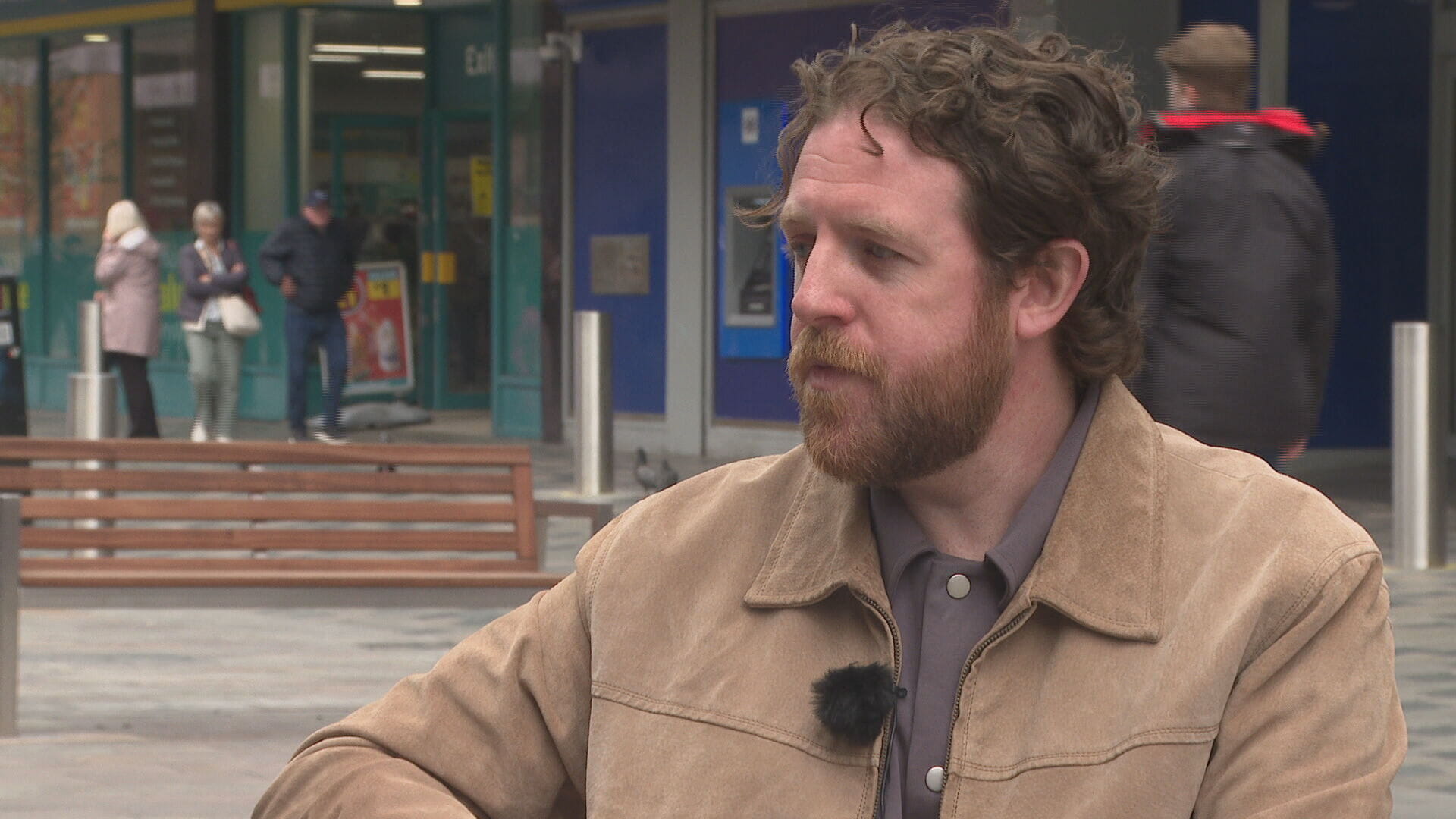 STV News
STV News“It has high levels of misidentification and these misidentifications disproportionately impact particular groups such as people of colour who already face systemic racism, discrimination and over policing.
“What we are talking about here is really the mass surveillance of people who are going about their everyday lives.”
Police Scotland: ‘We’re listening’
Amid ongoing public consultation, Police Scotland insists no final decision has been made on whether to adopt live facial recognition for operational use.
Assistant chief constable Steve Johnson, who leads the force’s major crime and public protection units, said any future use must have a clear legal basis and public support.
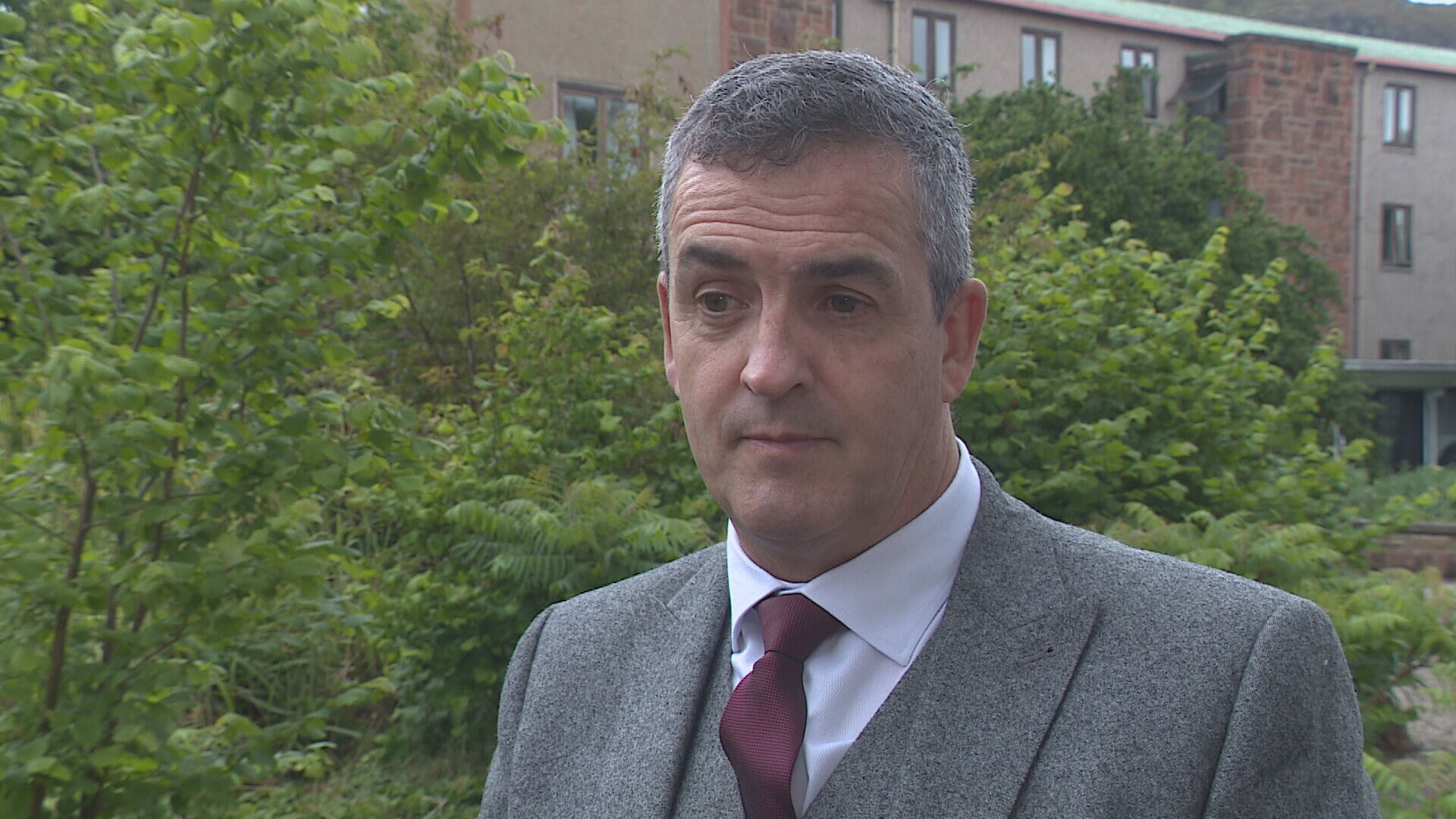 STV News
STV News“We’re still listening,” he said. “We’ve heard strong views around rights, legislation and accountability. Those are real points of consideration for us.”
Johnson said the technology would only be used to detect serious offenders – such as violent or sexual criminals, or those posing risks in the night-time economy – and would not target the general public.
“Rights are not to be ignored. But if technology helps save lives or find a missing person, we have a duty to explore it.”
In London, it’s not just retailers that are using live facial recognition to prevent crime.
The Metropolitan Police deploys live facial recognition vans in areas with high rates of knife crime, including transport hubs and at public events.
When the system detects a match with a person on a watchlist, it sends an alert to officers in the vicinity. If there’s no match, the biometric data is immediately deleted.
But there have been legal challenges against police and retailers in England and Wales after several people were misidentified by the technology.
Shoplifting on the rise but violence continues to fall
The debate comes as newly released official statistics show a 16% rise in shoplifting across Scotland, despite overall crime falling to near-record lows.
According to the Recorded Crime in Scotland bulletin for 2024–25, serious assault and attempted murder are now at their lowest level since 1977, while vandalism is down 73% from 2006–07.
Justice secretary Angela Constance said Scotland “remains a safe place to live” but acknowledged concerns about retail crime and rising sexual offences.
“We’ve invested £3m this year to support police in tackling retail crime,” she said. “While violent crime continues to fall, every incident matters and we must stay vigilant.”
A national conversation under way
As Scotland weighs the risks and rewards of facial recognition, both the government and police say public voices will be central to any future rollout.
For retailers like Nathalie, the technology is already helping reclaim control.
“If you don’t want your image stored,” she says bluntly, “don’t shoplift.”
Follow STV News on WhatsApp
Scan the QR code on your mobile device for all the latest news from around the country


